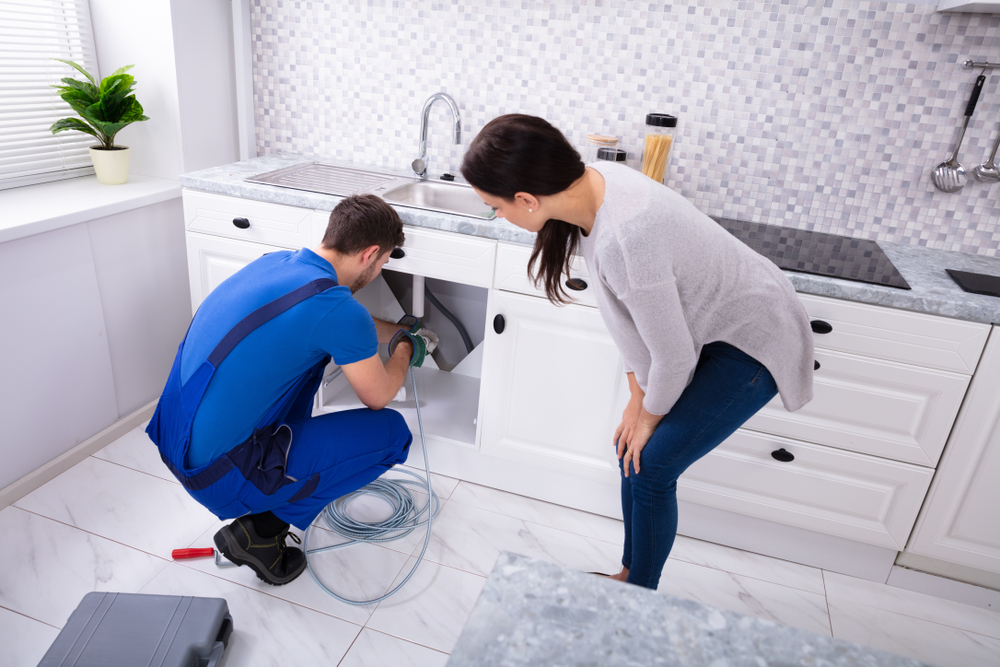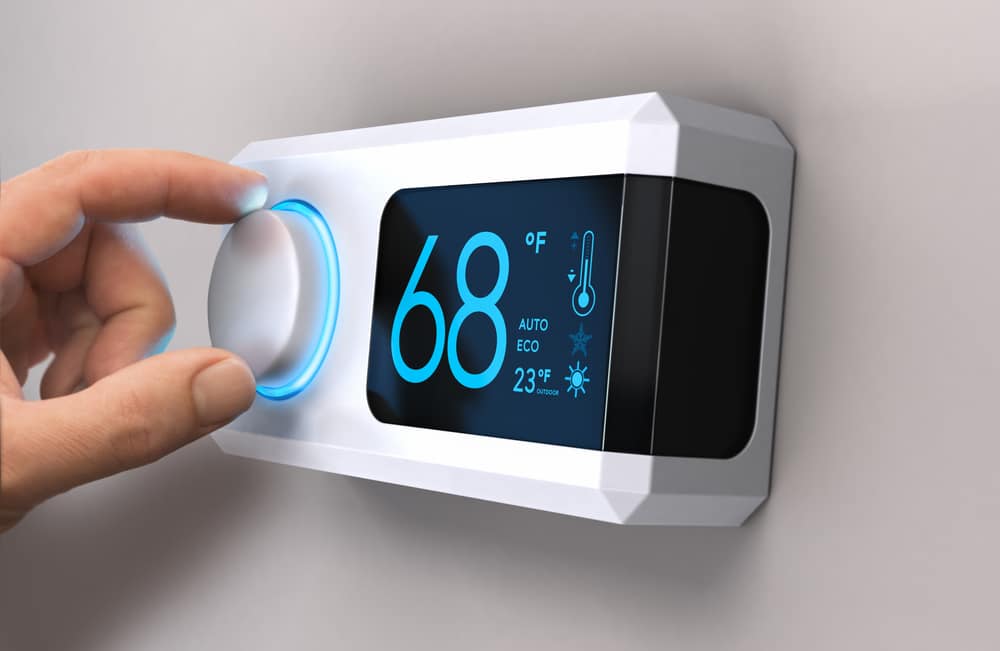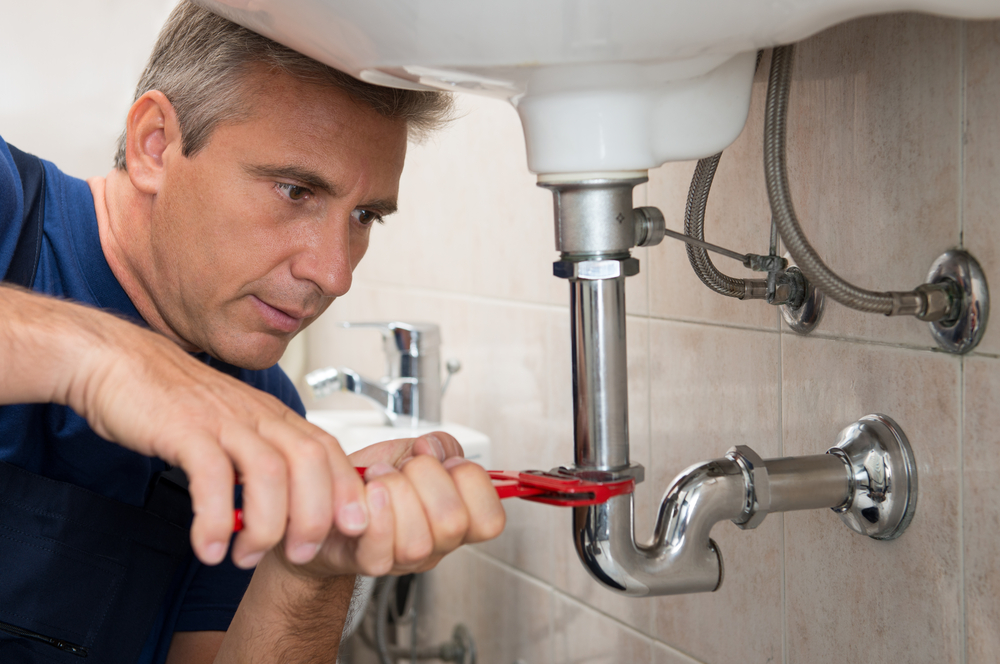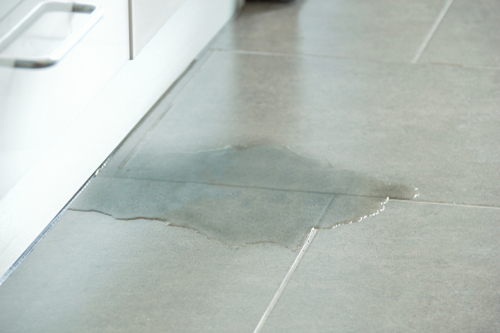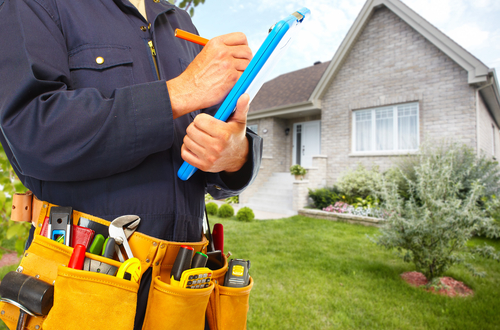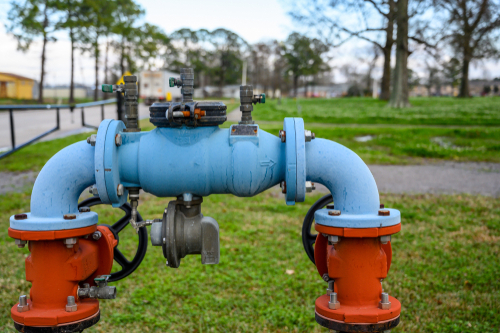Winter can be a tough season for your home’s plumbing system. When the temperature drops, the water inside your pipes can freeze and cause serious problems. Frozen pipes can burst and lead to costly damage. Understanding how to keep your pipes from freezing is crucial to avoid these headaches.
In this article, we’ll explain why pipes freeze, share some effective insulation techniques, and provide simple preventative measures to keep your pipes safe during the cold months. We’ll also cover what to do if your pipes freeze, so you’re prepared for any situation. Taking these steps will help you protect your home and enjoy a worry-free winter.
Understand Why Pipes Freeze
Pipes freeze when the temperature drops below freezing and stays there for a while. Water in the pipes starts to turn into ice. As the water freezes, it expands. This puts pressure on the pipe, making it more likely to crack or burst. This is especially a problem for pipes in unheated areas like basements, garages, attics, or crawl spaces.
There are a couple of reasons why some pipes are more likely to freeze. If a pipe is located near an outside wall or a window, it’s more exposed to the cold air. Pipes that are not properly insulated are also more at risk. Even a tiny crack in an outside wall can let in enough cold air to freeze a pipe.
Understanding why pipes freeze helps you take the right steps to prevent it. If you know your pipes are at risk, like those in unheated areas or near exterior walls, you can focus your efforts on protecting them. This will help you avoid the hassle and cost of dealing with frozen pipes.
Insulation Techniques to Protect Your Pipes
One of the best ways to keep your pipes from freezing is to insulate them. Insulation helps keep the heat in and the cold out. Here are some effective insulation techniques:
1. Pipe Sleeves: These are foam tubes that you can slip over your pipes. They are easy to install and provide good insulation. Make sure to cover the entire length of the pipe, including elbows and joints.
2. Heat Tape: This is an electric tape that you wrap around your pipes. It has a built-in thermostat that turns on when the temperature drops. This keeps the pipe warm and prevents freezing. Follow the manufacturer’s instructions for safe installation.
3. Fiberglass Insulation: This type of insulation comes in batts or rolls. You can wrap it around pipes in unheated areas. Make sure it’s dry and free from moisture, as wet insulation is less effective and can cause mold.
4. Pipe Insulation Kits: These kits often include a combination of pipe sleeves, heat tape, and other materials needed for insulating pipes. They are a convenient option if you want an all-in-one solution.
Preventative Measures to Avoid Frozen Pipes
Preventing frozen pipes takes some thoughtful planning and action, especially before the cold weather hits. Here are some simple yet effective ways to keep your pipes safe:
1. Seal Cracks and Openings: Check for any gaps or cracks in your home’s exterior walls and around windows and doors. Use caulk or foam sealant to close these openings, making it harder for cold air to reach your pipes.
2. Keep Garage Doors Closed: If you have water supply lines in your garage, keep the doors closed to prevent cold air from getting in. This can help keep the temperature above freezing.
3. Open Cabinet Doors: In places like kitchens and bathrooms, open the cabinet doors to let warm air circulate around the plumbing. This is especially helpful for sinks located on exterior walls.
4. Let Faucets Drip: During extreme cold, let a trickle of water run from faucets served by exposed pipes. It’s harder for water to freeze when it’s moving. Even a small flow can prevent freezing.
5. Maintain Indoor Temperature: Keep your thermostat set to the same temperature during day and night. Avoid setting it lower at night to save on heating costs, as a drastic drop in temperature can increase the risk of frozen pipes.
6. Disconnect Hoses: Remove and store garden hoses to prevent ice formation. Close inside valves that supply outdoor hose bibs and open the hose bibs to drain any remaining water.
What to Do If Your Pipes Freeze
If you suspect or discover that your pipes have frozen, quick action is crucial to prevent damage. Here’s what you can do:
1. Keep the Faucet Open: If you turn on the faucet and only a trickle of water comes out, leave the faucet open. As you treat the frozen pipe and the ice begins to melt, water will flow through the pipe, helping to melt more ice.
2. Apply Heat: Use a hairdryer, heating pad, or warm towels to gently warm the frozen section of the pipe. Start from the faucet end and work your way towards the frozen area. Do not use open flames like a blowtorch as this can cause the pipe to burst or even start a fire.
3. Turn Up the Heat: Increase the thermostat setting to warm up the house. If the frozen pipe is behind a wall, floor, or ceiling, you can turn up the heat in that area by using a space heater, taking care to follow safety instructions.
4. Call a Professional: If you can’t locate the frozen area, the pipe is not accessible, or you have tried everything without success, it’s time to call a licensed plumber. Professionals have the right tools and experience to handle the situation safely.
5. Check Other Pipes: If one pipe freezes, others might be at risk too. Check all faucets and exposed pipes in the house to ensure they’re not frozen and take steps to insulate and protect them.
Conclusion
Frozen pipes are a common and potentially costly winter hazard, but with the right knowledge and precautions, you can protect your home’s plumbing system. Understanding why pipes freeze, using effective insulation techniques, and taking preventative measures can save you from the hassle and expense of damaged pipes. If your pipes do freeze, knowing the correct steps to thaw them safely can make all the difference.
Winter doesn’t have to be a stressful time for your pipes. By staying informed and prepared, you can enjoy the season without worrying about plumbing issues. If you need help preparing your home for winter or dealing with any plumbing emergencies, reach out to Jade’s Heating and Plumbing LLC. We’re here to provide expert residential plumbing services and peace of mind all winter long.


